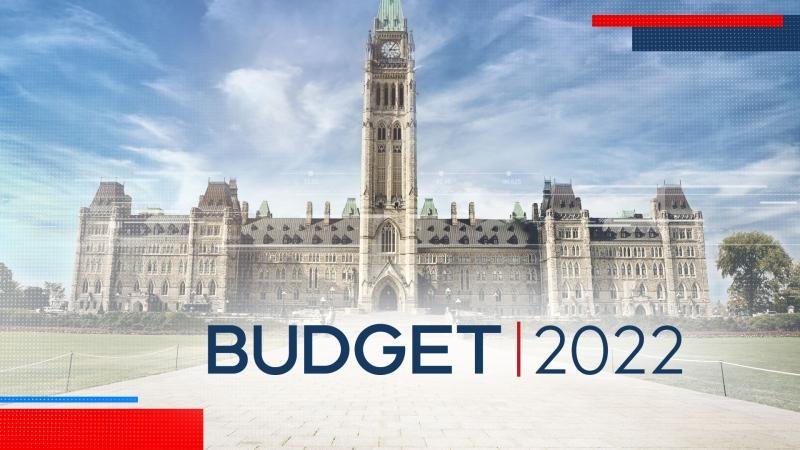The Canadian federal government recently announced that it will assign $2.6 billion of its Budget 2022 to carbon capture tax credit.
The carbon capture use and storage (CCUS) investment tax credit will be available for over 5 years. The tax credit is for companies or projects that permanently store captured CO2.
The allowed technology is either storing CO2 in concrete or injecting it underground. Enhanced oil recovery (using captured CO2 to get more oil) is not eligible for such tax credit.
Carbon Capture Tax Credit Components
According to Budget 2022, firms can apply for and claim a tax credit of up to 60% for direct air capture (DAC) projects. Other eligible carbon capture projects may also do so for up to 50%. Examples of these are the capture of CO2 from oil and gas production and steel industries.
Moreover, a 37.5% tax credit is open for investing in carbon capture equipment and technology. These include carbon use, transportation, and storage.
Those tax credit rates will drop to 50% in 2031 to prompt the energy sector to act immediately.
The key intention of having this carbon capture tax credit is to cut emissions by 15 megatonnes by 2030.
Financial modeling from CCUS projects shows that they will cost below $1.5 billion in their fifth year. After that, their projected cost per year is around $1.5 billion until the end of this decade.
The Opposing Views on Tax Credit
Ottawa urges the energy sector to act fast and take advantage of this major climate tax credit before it expires.
Proponents said that carbon capture plays a vital role in reducing Canada’s emissions. Without expanding this technology, the country won’t meet its climate goals.
The country aims to achieve the biggest reductions in the oil and gas sector as stated in its recent Emissions Reduction Plan. It seeks to cut down emissions from 191 million tonnes in 2019 to 110 million tonnes by 2030.
Believers in CCUS said that it could be the means for Canada to meet its net-zero targets. They view tax credit as a collaborative model where governments are co-investing with the industry, helping to speed things up.
The energy industry leads the lobby for this carbon capture tax credit to cover up to 75% of project capital. Some of the major companies that have current carbon capture project proposals are:
- Enbridge Inc.
- Atco Ltd.
- Capital Power
- Oil Sands Pathways to Net Zero Alliance
Despite the big promise of carbon capture and storage technology, opponents argue that the tax credit is not a good idea.
They said that instead of using public funds the government should have regulated the industry and gotten the same results. Others claim that giving the tax credit is like creating another fossil fuel subsidy.
The government should have put the money into proven and cost-effective climate solutions. These include renewable energy, efficient homes and buildings, and electrification of transportation.
Other Important Climate Investment
Budget 2022 includes two other big-ticket climate items. It proposes $1.7 billion as tax incentives for zero-emission vehicle programs.
Likewise, a 30% tax credit is available for projects that explore minerals needed for electric cars like cobalt and lithium.
The budget also includes investments in charging infrastructure. $500 million of this comes from the Canada Infrastructure Bank for urban and commercial charging.

